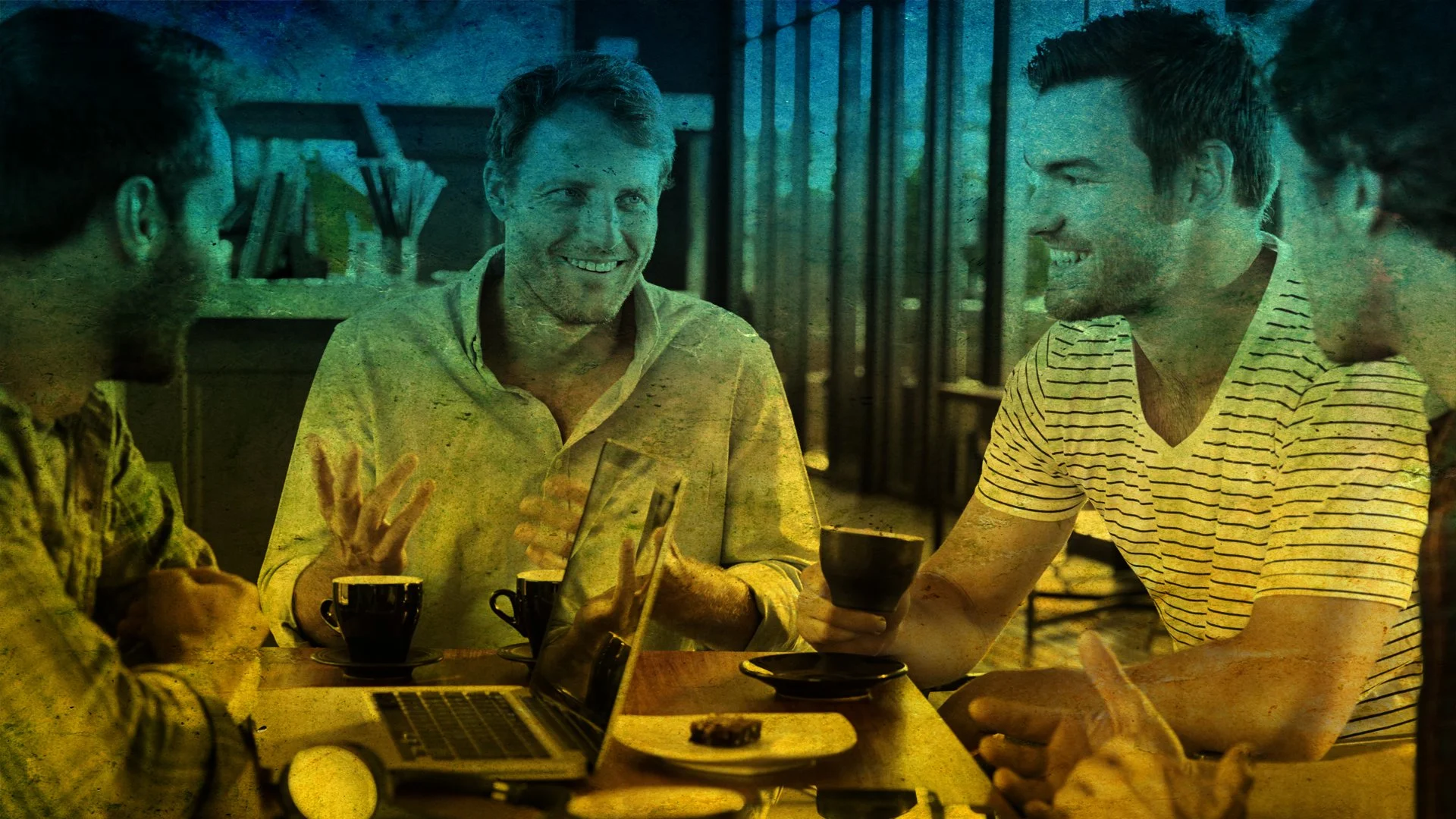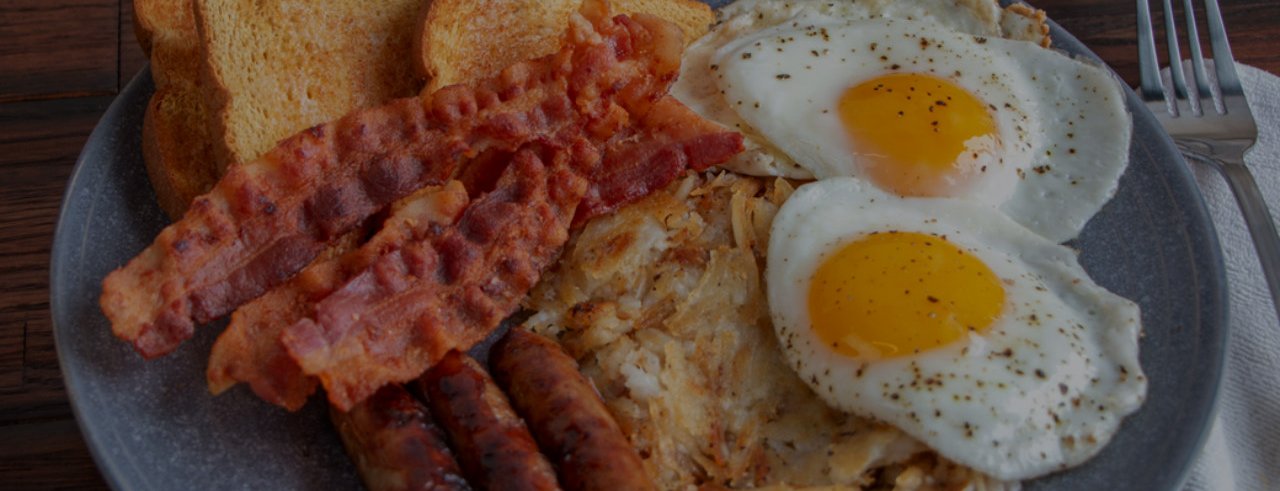The last decade in our country will likely be remembered as the season of history when we became more polarized and self-centered than anyone thought possible. A combination of social media and smart devices means we can find that group of people who think exactly like we do, and communicate with them anytime we want. A joke circulated recently: “If you want to curtail Christmas spending in your family, then just bring up politics around the Thanksgiving table.” And for those families that actually do enjoy a gratitude-filled time together on Thursday, many will morph into deal-grabbing monsters on the Black Friday that follows, complete with local news segments about the latest mall fight scene over 75-inch flat screen television door-busters.
What is Thanksgiving supposed to accomplish? Think about this as you plan your holiday week. Is it just the traditions of a big meal, visiting family, shopping and a Saturday of football? Perhaps history might teaching us something about Thanksgiving past that we can apply to our present, and once again find real meaning for this holiday in our present culture.
Thanksgiving Day Parade, 1945. Photo: Wikimedia Commons
November 22, 1945, was a special Thanksgiving. The United States had just won World War II on both fronts. It was the first Thanksgiving following a half-decade of bloody conflict. President Truman proclaimed,
“May we on this day, in our homes and in our places of worship, individually and as groups, express our humble thanks to Almighty God for the abundance of our blessings and may we on that occasion rededicate ourselves to those high principles of citizenship for which so many splendid Americans have recently given all… We give thanks with the humility of free men, each knowing it was the might of no one arm but of all together by which we were saved. Liberty knows no race, creed, or class in our country or in the world.”
Truman expressed several thoughts that can reset our celebration of Thanksgiving today. The first is the humility of free men. We can reflect on our many blessings, of life and liberty, of the abundance we have in food, homes, family, friendships. And on the fact that not all the world shares in this wealth of material and humanity—in fact most of it does not. The phrase “count your blessings” is one you have likely heard, but in fact, few practice. Humility in the face of such abundance is a response that not only acknowledges what we have, but results in restraint in our self-centered want for even more.
Servicemen celebrating Thanksgiving, 1943. Photo: US Army Archives
The second is redirecting ourselves to high principles of citizenship. Thanksgiving is a national holiday. One during which we recognize that we are part of something bigger than ourselves. The end of World War II was a time that brought the nation together, in gratitude for victory but also in mourning for the high cost in lives during years of conflict. Today as our country stand so divided, perhaps the high principles of citizenship demand we seek common ground on those issues where we are not the far apart. And on those where we cannot agree, maybe Facebook and Twitter are not the means to express ourselves to no audience in particular.
Finally, we express our thanks to Almighty God. Let us not be so quick to pat ourselves on the back for our own efforts. Rather we must take a step back and realize the source of all real blessing in our lives. And if we really believe God to be the source of all blessings, then the question becomes, how are we stewarding what we have been given. How are we investing our time in our relationships with our spouse, children, relatives and friends? Where are we putting our financial resources? To what purpose are we devoting our lives, talents, skills and abilities? Thanks to God is more than a gesture of goodwill, but a response in actions accompanied by an attitude of gratitude.
Here is a challenge: this Thanksgiving holiday, think back to one or more Thanksgivings in your life that were especially meaningful. What was your “World War II Thanksgiving?” Maybe it was the first Thanksgiving with your first baby, or the Thanksgiving after dad passed away. Perhaps it was your first Thanksgiving as a married couple, or the one where you had just moved to a new city. Regardless of the circumstance, how did you express thanks, and what, if anything, in your life changed as a result?
Resolve this year to give thanks deeply, and then to live thanks meaningfully. Eat, shop, watch and cheer, laugh and hug. Savor the traditions of the season. But make your Thanksgiving a day that means something more. And by doing so, you influence the culture back toward togetherness and self-lessness, one person, one family at a time.
Cover photo: Shutterstock.com








